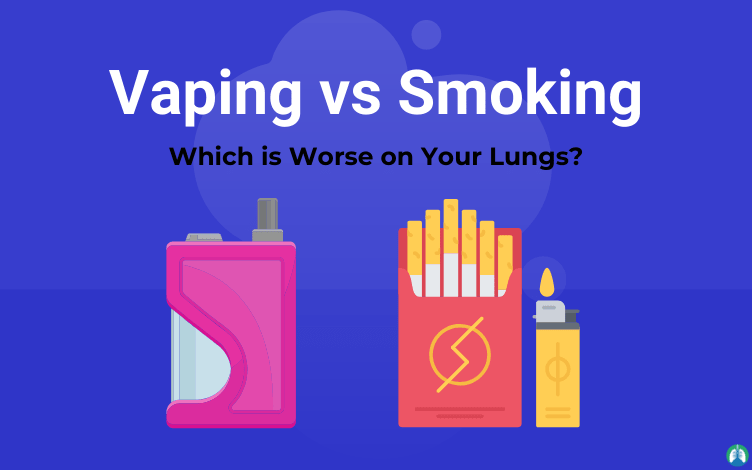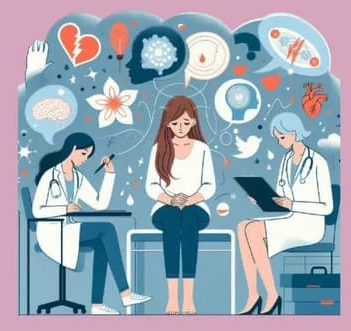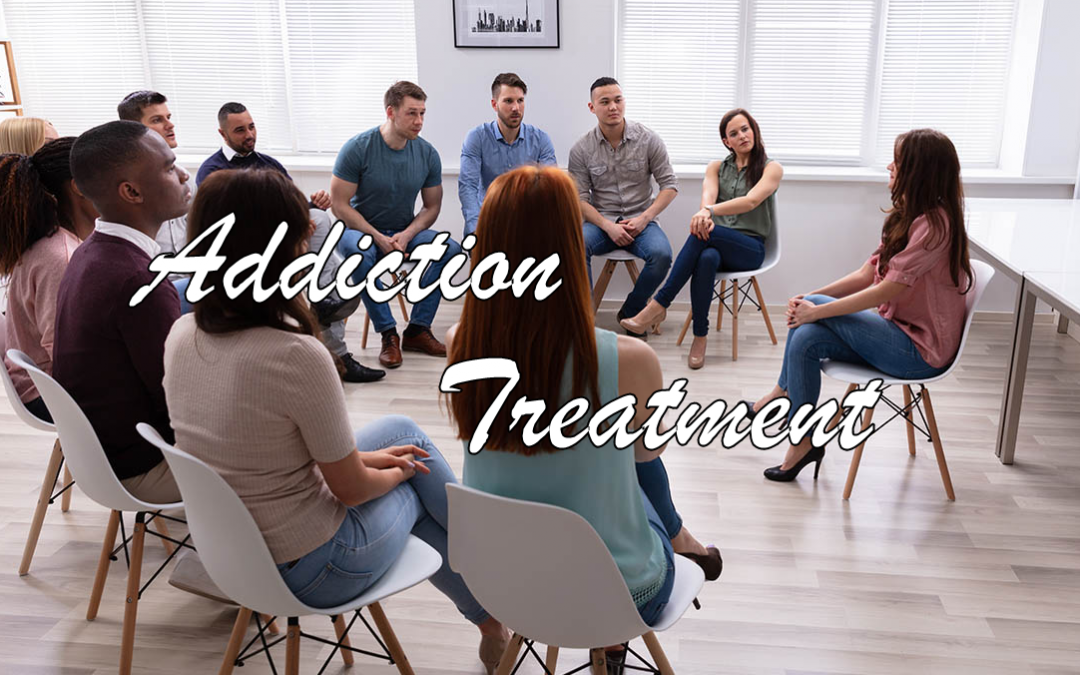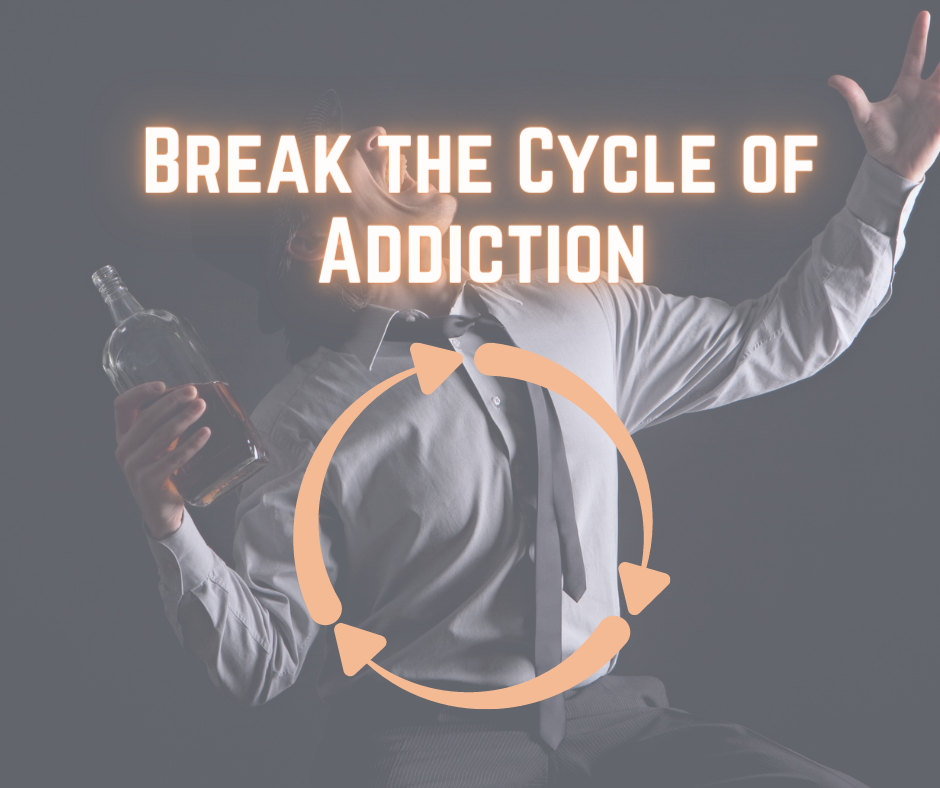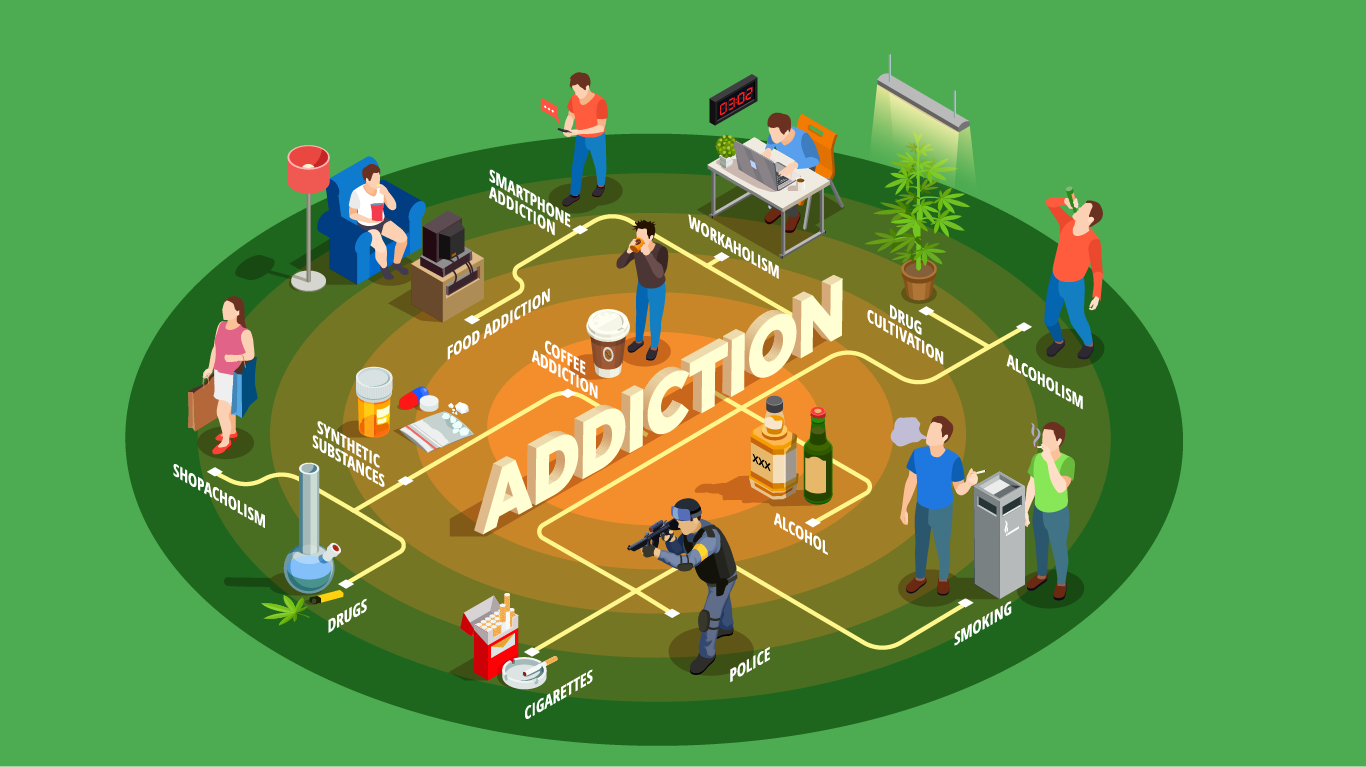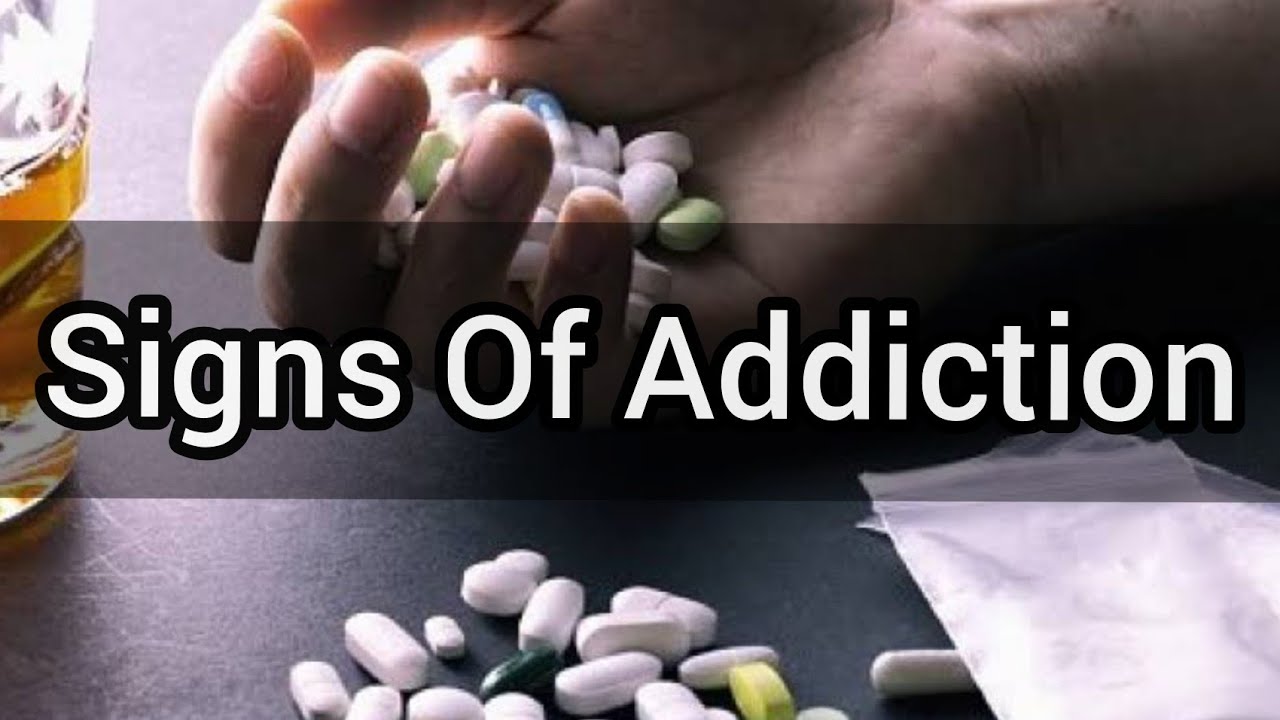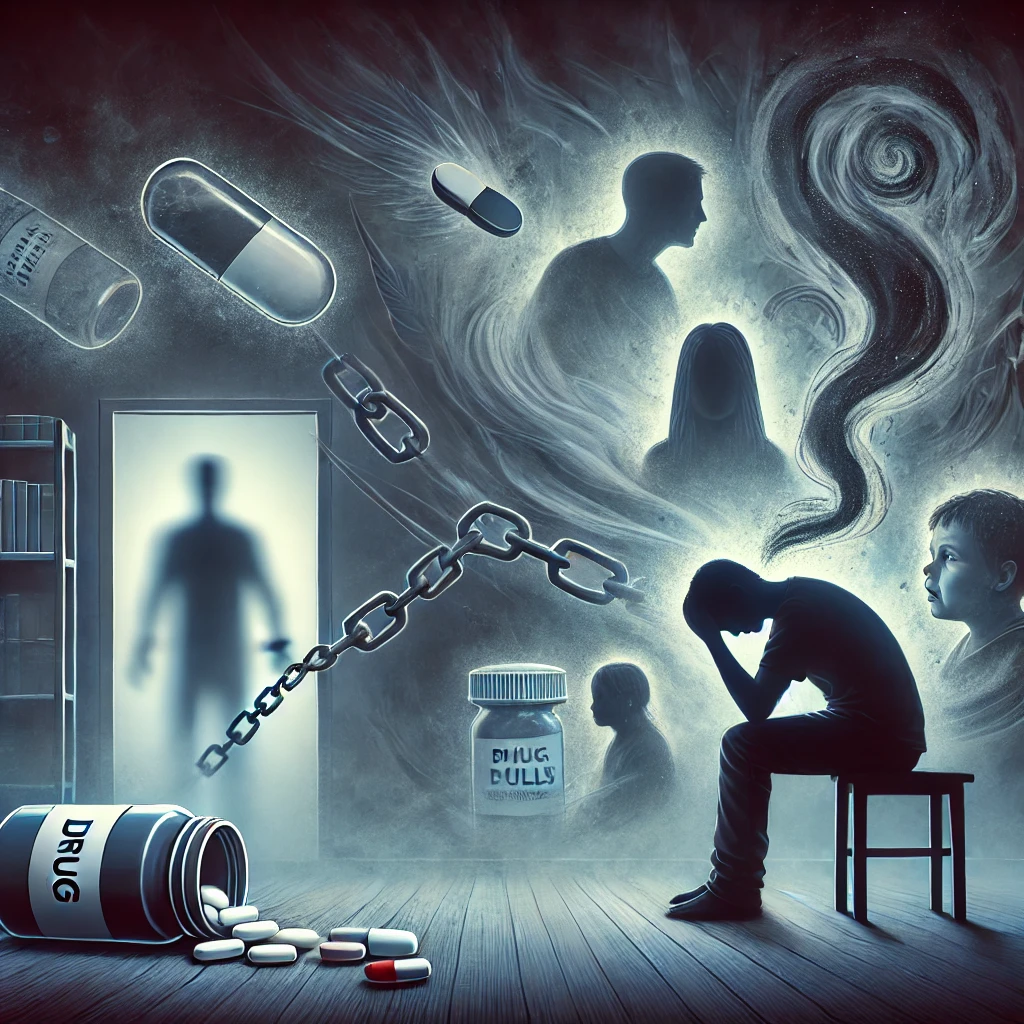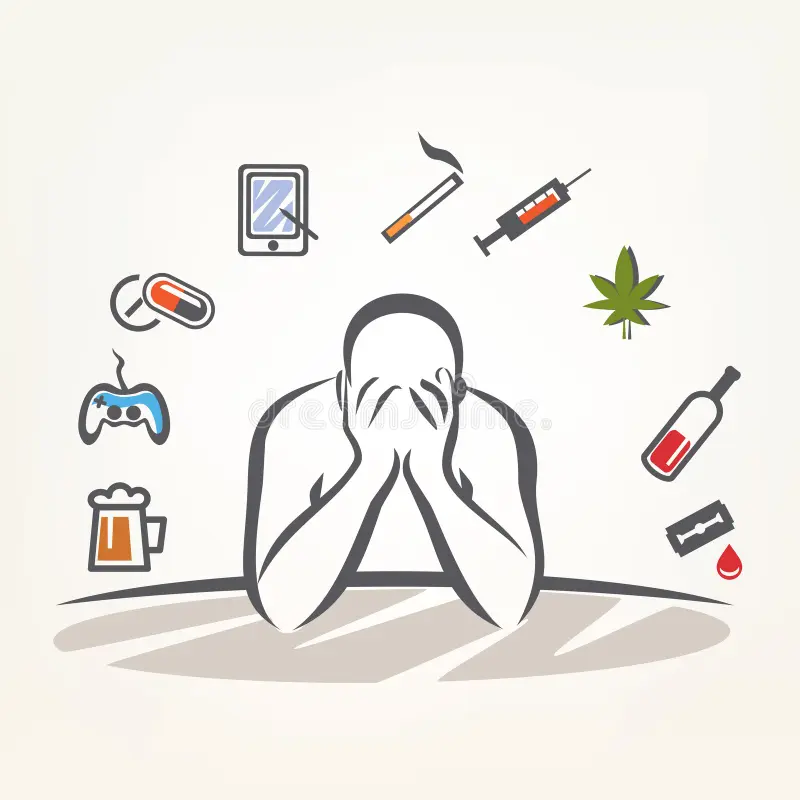The Hidden Risks of Painkillers
Prescription painkillers play a big role in modern medicine, helping folks manage significant pain after surgery or during chronic illnesses. Even though they’re prescribed by doctors and carefully monitored, painkillers like opioids can have a bunch of effects on your body and mind that don’t always get talked about at the pharmacy counter. If you’re … Read more

